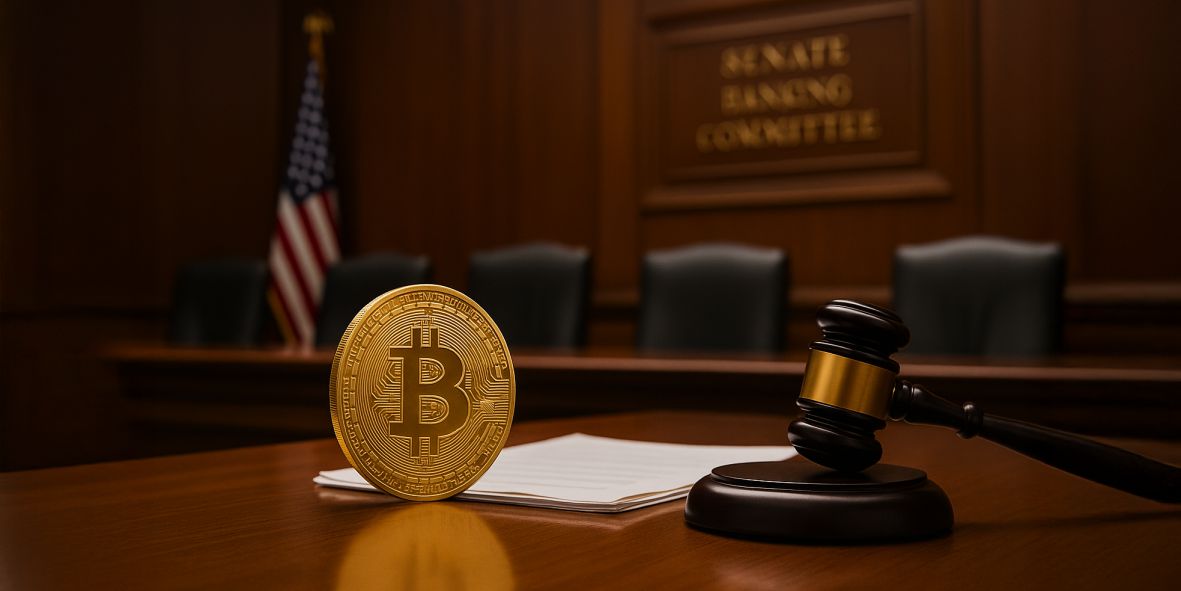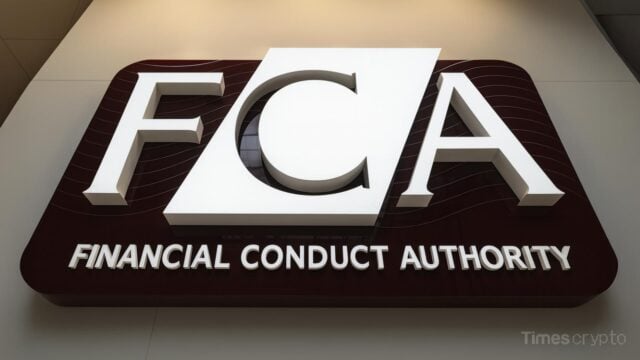Key takeaways
- Republican Senators introduced a comprehensive crypto regulatory framework, aiming to clarify digital asset guidelines
- It proposes to shift regulatory authority from the Securities and Exchange Commission (SEC) to the Commodity Futures Trading Commission (CFTC)’s jurisdiction, addressing long-standing industry concerns about inconsistent enforcement.
- The plan promotes “light-touch” regulation with targeted anti-money laundering and sanctions compliance measures.
- Bipartisan support is growing, demonstrated by stablecoin legislation passing the Senate with broad Democratic and Republican backing, alongside complementary House bills aiming for unified crypto legislation.
- Global competition and political momentum are accelerating US legislative urgency, as international crypto-friendly regulations attract companies overseas.
A Strategic Framework to Modernize US Crypto Regulation
Republican senators took bold action this Tuesday, introducing an ambitious regulatory blueprint designed to bring clarity to America’s chaotic cryptocurrency landscape. The comprehensive proposal seeks to establish clear guidelines for digital assets.
Most importantly, the framework proposes a significant regulatory power transfer, reducing control of the Securities and Exchange Commission (SEC) over digital currencies while expanding the Commodity Futures Trading Commission (CFTC)’s jurisdiction. This strategic rebalancing, if implemented, will address years of industry complaints about inconsistent enforcement and unclear guidance from federal agencies.

This landmark initiative could reshape the entire approach to cryptocurrency governance in the US. By providing regulatory certainty, the framework aims to restore America’s competitive edge in the digital currency sector, particularly as European nations and Asian financial centers continue to advance their own crypto-friendly policies.
South Carolina’s Senate Banking Chairman, Tim Scott, spearheaded the effort alongside Digital Assets Subcommittee Chair Cynthia Lummis of Wyoming, with support from Senators Thom Tillis of North Carolina and Bill Hagerty of Tennessee. Their blueprint emerges from months of industry consultation and legislative negotiations.
New Framework Aims to Clarify Asset Classifications
The proposal tackles cryptocurrency’s most contentious regulatory question: determining which digital assets qualify as commodities versus securities. This distinction carries enormous implications for trading, custody, and compliance requirements across the industry. The U.S. Senate Banking Committee posted on X:
Under the new structure, cryptocurrency exchanges would gain the ability to register directly with the CFTC, potentially streamlining operations and reducing regulatory complexity. The framework also mandates that federal agencies provide clear guidance confirming that traditional financial institutions can safely engage in crypto-related activities.
Republicans Plan to Backlight Crypto Rules with Targeted Safeguards
Rather than imposing blanket restrictions, the Republican framework promotes “light-touch” regulation designed to encourage technological advancement while maintaining consumer protections. The proposal includes targeted anti-money laundering (AML) measures and sanctions compliance requirements, avoiding the comprehensive restrictions some critics have demanded.
“America desperately needs digital asset legislation that promotes responsible innovation and protects consumers,” Lummis declared, highlighting the urgency driving the legislative push.
Bipartisan Momentum Builds For Unified Crypto Legislation
The framework builds on recent bipartisan collaboration that resulted in the Senate passing the stablecoin legislation, gaining support from 18 Democrats and nearly all Republicans. This cross-party collaboration demonstrates growing congressional recognition that crypto regulation requires immediate attention.
The House of Representatives has already advanced complementary market structure legislation through key committees, though differences between chambers’ approaches could complicate the final passage. The House Financial Services Chairman, French Hill, has suggested combining stablecoin and market structure bills into one unified legislation.
Global Competition Drives Regulatory Urgency For the USA
International pressure intensifies the legislative timeline, as European Union regulations and Singapore’s comprehensive framework continue attracting American cryptocurrency companies overseas. The senators argue that delayed action threatens America’s financial technology leadership and economic competitiveness.
The framework represents the most significant congressional attempt to establish comprehensive cryptocurrency regulation, potentially reshaping an industry worth trillions of dollars.







